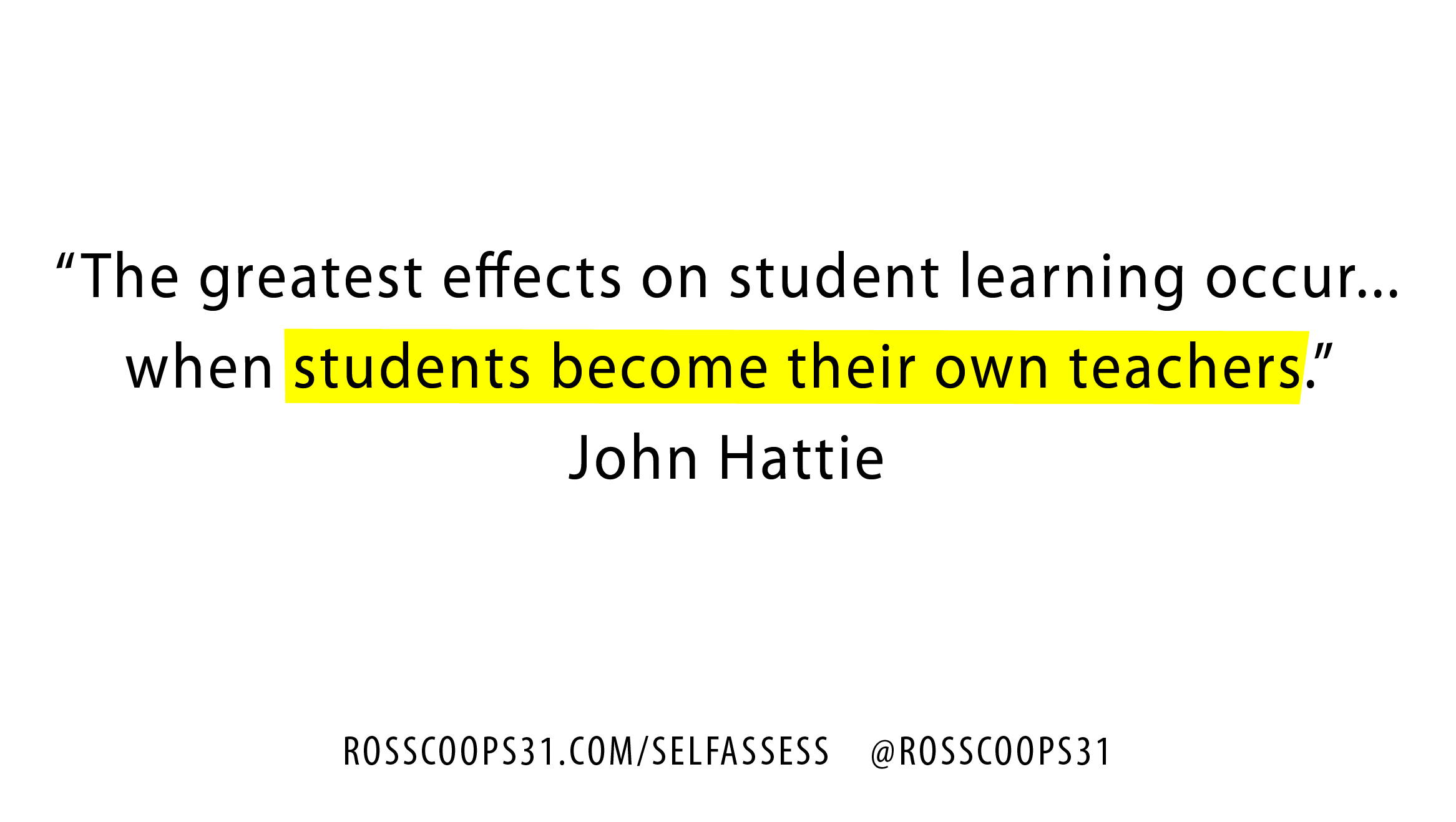Last week I finished reading The Happiness Advantage by Shawn Achor, which I highly recommend. In fact, at an upcoming faculty meeting I plan on showing my teachers his TEDx Talk, The Happy Secret to Better Work, which mirrors the book’s ideas.
Here’s how Achor begins the book’s final chapter:
A couple of months ago, I spoke to a group of CEOs and their spouses in Hong Kong. Afterward, over drinks at a reception, a very self-assured if slightly tipsy CEO shook my hand and warmly said, “Thank you, Shawn. That research was brilliant and rings true.” He then leaned in and whispered conspiratorially, “I already do most of it, but my wife really needed to hear it.”
The author goes on to explain:
I relate this story not as an example of how to stir up trouble in a perfect stranger’s marriage, but to show that no matter where I am in the world, most people think this research is useful to them, but even more useful for all the people around them. The person we have the greatest power to change is ourselves.
These paragraphs remind me of a conversation I had awhile back with one of my educator friends who is a well-known speaker on educational leadership. In short, our conversation went a little something like:
“I bet there are educators who sit through your presentations and don’t get much out of them because they believe they’re already doing everything you’re talking about. Instead, they’re thinking or saying, ‘If only [insert colleague’s name] were here. She’s the one who needs to hear this presentation!’ Why do you think this happens?” – Ross
“It happens because these people in attendance don’t actually think I’m talking to them. But, I am.” – Ross’s friend
Yes, I am also guilty. At various points throughout my career I’ve announced something to the effect of:
“It was great, but I’m not the one who needed to hear it.”
And, if you’re reading this, I bet there’s a good chance you’ve also said something similar at one point or another. (If not, I apologize.)
When we make these statements they generally apply to presentations and workshops, but they are also relevant to any learning experience, such as reading books or watching TED Talks. Either way, we need to be careful with our words and the messages we communicate when we interact with others, as a misguided approach can easily stifle our own progress while at the same time alienating those around us.
Here are three ways we can check ourselves.









